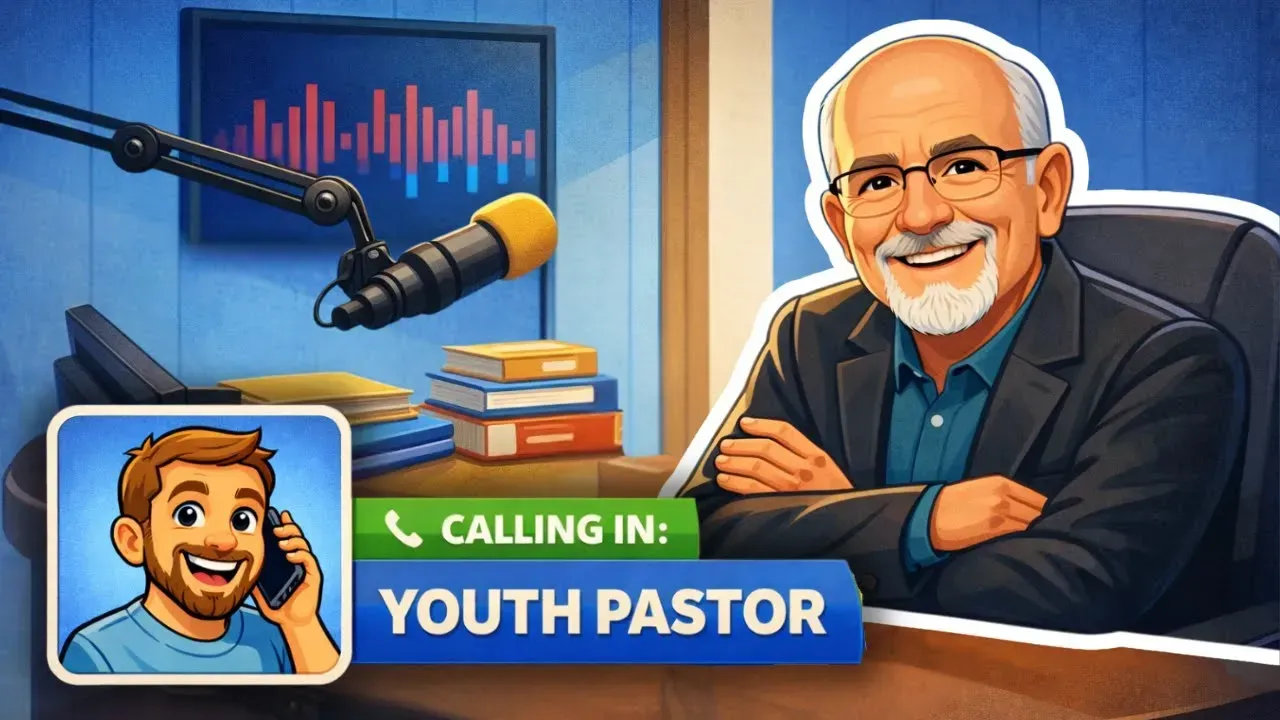The Gospel & Social Media
It’s been said that if the internet had existed while the Apostle Paul was alive, he would’ve reached the whole world.
I don’t necessarily know if that’s true or not, but I do think now is the time to entrust these virtual resources into God’s hands and see what He can do!
There are many ways to reach out online to people who are hurting or questioning and do so in a genuine, non-preachy sort of way. Despite the fact that it’s through a screen, it all still boils down to relationship. Have you earned the right to be heard by someone on the other side of the world? How do you get to that point where someone will listen to what you have to say?
Here are a few thoughts for sharing the gospel online and doing it in a way that’s relevant, meaningful, and may lead to further discussion:
- Common interests.
Do you belong to a Facebook group that’s centered around common interests? Do you have an IG list of people you follow with the same fashion interests or have a comment-convo going with fellow Star Wars fans on YouTube? Using something as a starting point – something in which both parties can agree upon and talk about intelligently – is a great way to start a conversation that will lead you to sharing the gospel. As an example, EDGE’s Executive Director has a side-business in which he restores old motorcycles and sells them online. He has thousands of connections to people who share this passion all over the world, and has shared the gospel with people in other countries simply because they were both geeking out over a vintage motorcycle! - Be transparent.
In a virtual world where appearances are everything, be bold enough to vulnerably share about something that may not be so glamorous. Maybe this means sharing about God’s faithfulness in the middle of a rough patch. Maybe this means sharing your personal testimony online. Maybe this means writing about how scripture impacted you personally and asking people to comment or ask you questions. But vulnerability is easily missed in a space filled with filters, and genuine transparency about the Lord, rather than a happy-clappy gospel message, can really get conversations started with seekers. - Pray online.
Set aside a time to pray online for people and maybe even consider making that a weekly part of your routine, where people can come to expect it. Don’t expect anything in return, and don’t try to turn it into something that revolves around your personality. Just pray for people and follow up with them via messaging once you’re done. Trust that God is working in people’s hearts and allowing you to *virtually* show up in their lives when they are seeking Him. - Share your gifts.
Can you write poetry? Can you paint? Can you sing, play the piano, solve complicated math equations or deconstruct the way the Earth works? Do it all for the glory of God, the Bible says. Consider live-streaming an original spoken word, or post an essay or poem for people to read and discuss. Livestream a painting, or a song you’ve written or that means a lot to your faith journey. Share why you’re posting it and invite people into that journey by thinking through engaging questions that you can ask people to answer in the comments. This is not just for artsy people – are you a math mind? Consider sharing online the perfection of numbers and how they are designed and point to a perfect God. Science? Share your favorite lesson and let it be a demonstration of the creativity and genius of the Lord to create such a thing. - Invite, invite, invite.
It’s easy to do things mentioned above and miss the biggest component: engagement. There must be a way people can respond to you. Don’t just put something out into the virtual universe and wonder, but make sure, as far as it depends on you, that people can engage and you’re following up with people who comment. Have questions prepared beforehand so you can post them and strengthen the conversation. Always be prepared to give a response for the hope that is in you. Even Paul, in his letters to the churches, asked people reflective questions to answer in their congregations and homes in hopes that life-change would occur.
PLEASE NOTE: None of these options are a call to pick a soap-box and use the internet to bash an opposite point of view. None of these options should be a reason to criticize or debase anyone. None of these options are intended to be used for self-serving purposes. These are only meant to trigger creativity towards sharing the gospel and utilizing your social media platforms for Christ. Don’t expect to get online to share the gospel and suddenly have a major following, catapult to YouTube stardom and land a book deal or get contacted by Hollywood. The heart is to simply share Christ.
Love Tik Tok? Post a video of you playing piano and sharing how God used that song to convict you and change your heart.
Love Facebook? Livestream a weekly prayer session and follow up privately with those who sought prayer.
Love Instagram? Share your favorite passage of scripture and ask for others to share theirs as well.
Get into it and be creative and pray throughout the whole thing, trusting that God will use your time for His glory!











